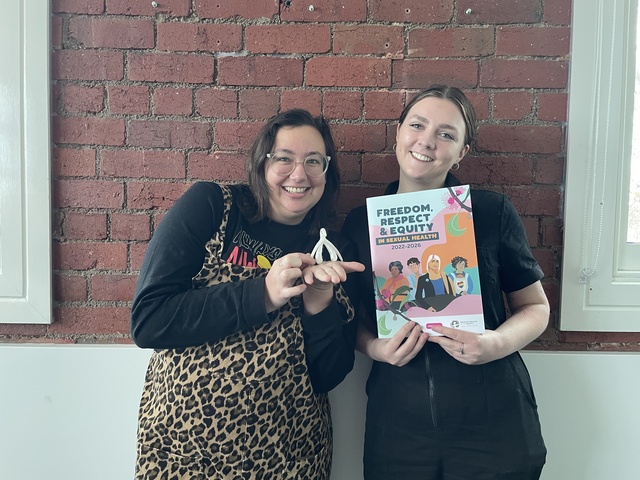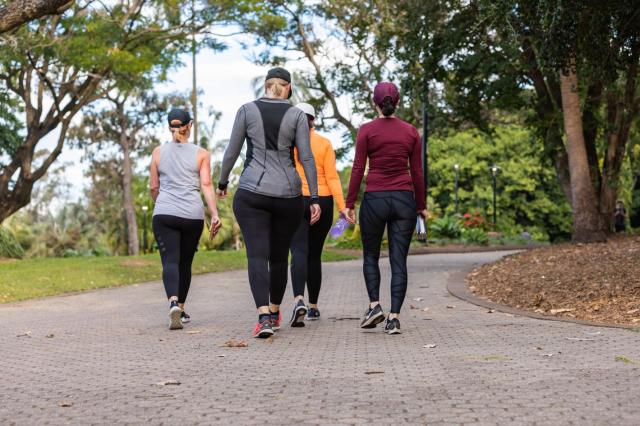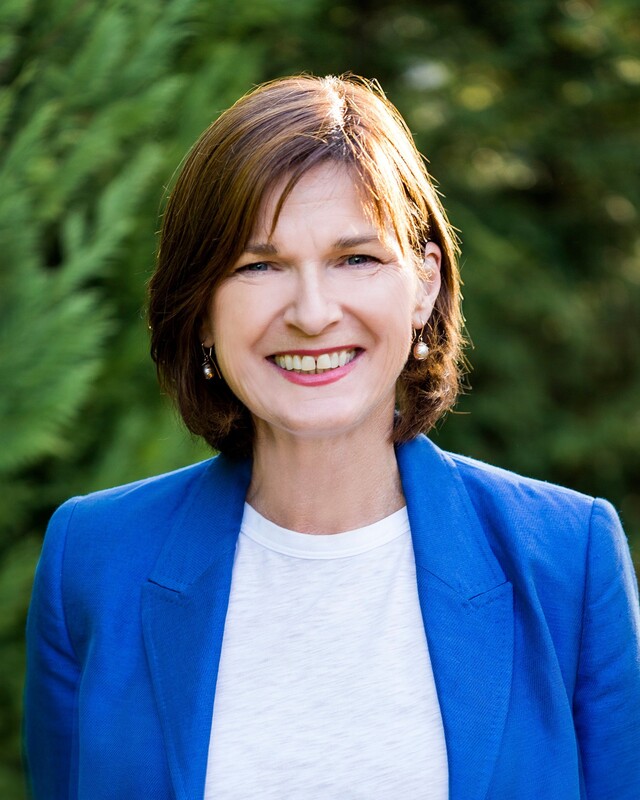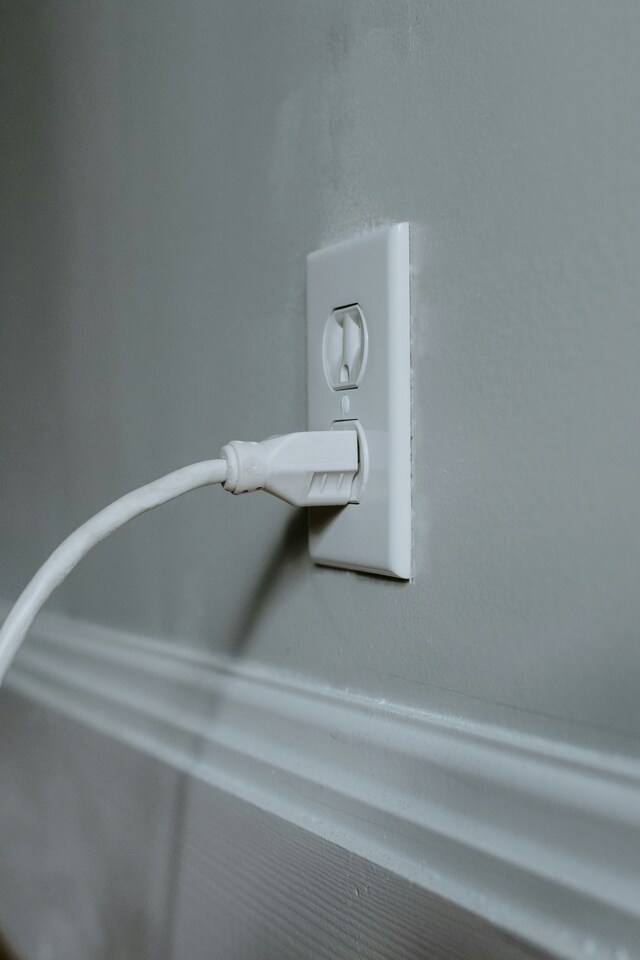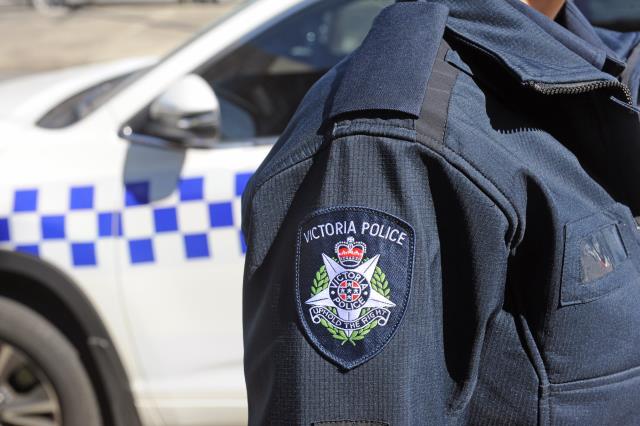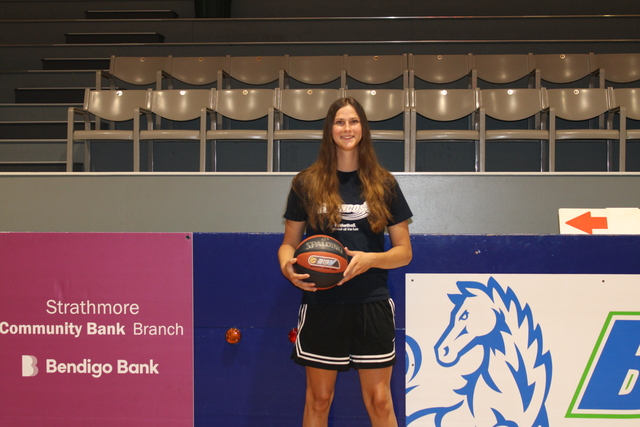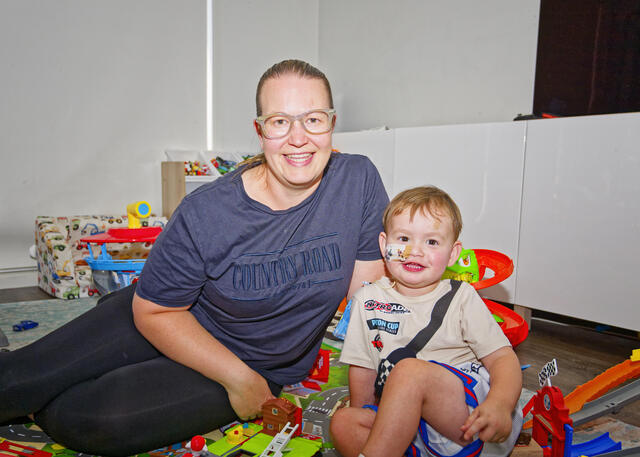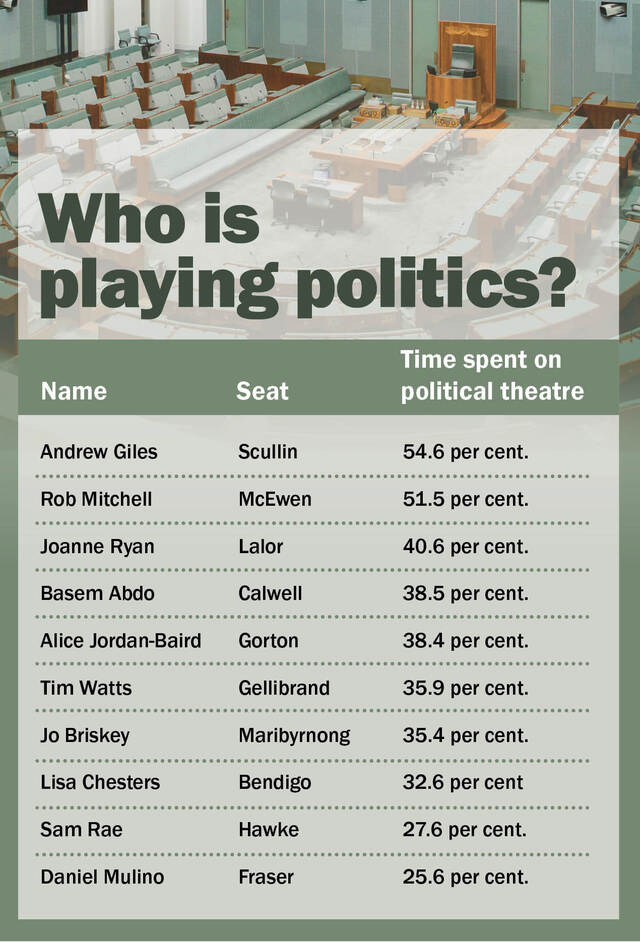Tilly Mahoney is Women’s Health in the North’s sexual and reproductive health co-ordinator.
In Victoria, access to safe and legal abortion has been a hard-won right, marking a significant achievement for reproductive justice.
Early medical abortion is the preferred method of induced abortion of nearly 50 per cent of people worldwide who experience unwanted pregnancy. The procedure is safe, effective and legal. However, despite the legal status of abortion in Victoria there remain challenges to equitable access and widespread understanding of how early medical abortion works.
Early medical abortion involves taking medication to end a pregnancy. It is highly effective and can be taken up to 63 days (or nine weeks) into the pregnancy.
The medication is a combination of two types: mifepristone and misoprostol.
The first tablet, mifepristone, blocks the hormone progesterone, necessary for the pregnancy to continue.
This is followed 36-48 hours later by the second medication, misoprostol, which causes the contents of the uterus to be expelled from your body.
Medication abortion can be done in the privacy and comfort of your own home.
To obtain a medication abortion in Victoria, you first need to consult a general practitioner (GP) or visit a specialist clinic.
Telehealth services, which expanded significantly during the COVID-19 pandemic, have been instrumental in increasing access by helping to remove some geographic and cost-related barriers.
The GP will confirm the pregnancy, confirm that this procedure is suitable for you and obtain informed consent. They will explain the medication abortion process, including the need for an ultrasound and blood test before the procedure,
However, some challenges remain. Not all GPs are trained or willing to prescribe medication abortion, which means that patients may have to search for a provider, delaying care in what is a time sensitive procedure.
If your GP does not provide medication abortion, they are legally required to refer you to another health professional who does provide the service.
Although early medical abortion is safe and effective, it remains shrouded in shame and stigma for many.
Fear, shame or judgement can make people reluctant to seek the care they need or discuss their experiences openly.
Addressing this requires a cultural shift where reproductive rights are seen as an essential part of healthcare.
Education plays a role in this shift. Organisations such as Victorian Women’s Health Services are working to break down these barriers by providing clear, accessible, pro-choice information.
At Women’s Health In the North, we work with partner organisations to deliver professional development to GPs and other health professionals, increasing the number of providers across our region.
In Victoria, we are fortunate to have 1800 My Options, a confidential and free phone line and online service, providing information about contraception, pregnancy options (including abortion) and sexual health. With a directory of hundreds of trusted healthcare providers in Victoria, 1800 My Options can link people seeking care to the services that best suit them – whether that’s in terms of location, cost, or languages spoken by staff.
The right to access safe abortion services is an essential aspect of reproductive autonomy and promotes gender equality.
In Victoria, medication abortion offers a safe, non-invasive option for those seeking to end a pregnancy, and it is crucial that these services are accessible to everyone, regardless of location, income or background. By normalising conversations around abortion and reproductive healthcare, we can all help dismantle stigma and ensure people feel supported to make decisions about their own bodies.
If you are experiencing an unwanted pregnancy and need free, confidential, pro-choice information about options available to you, call 1800 My Options on 1800 696 784.
You can find an abortion provider in your area at: https://www.1800myoptions.org.au/find-a-service/
To read more about Women’s Health In the North’s work in sexual and reproductive health, see our strategy Freedom, Respect and Equity in Sexual Health 2022-2026.

